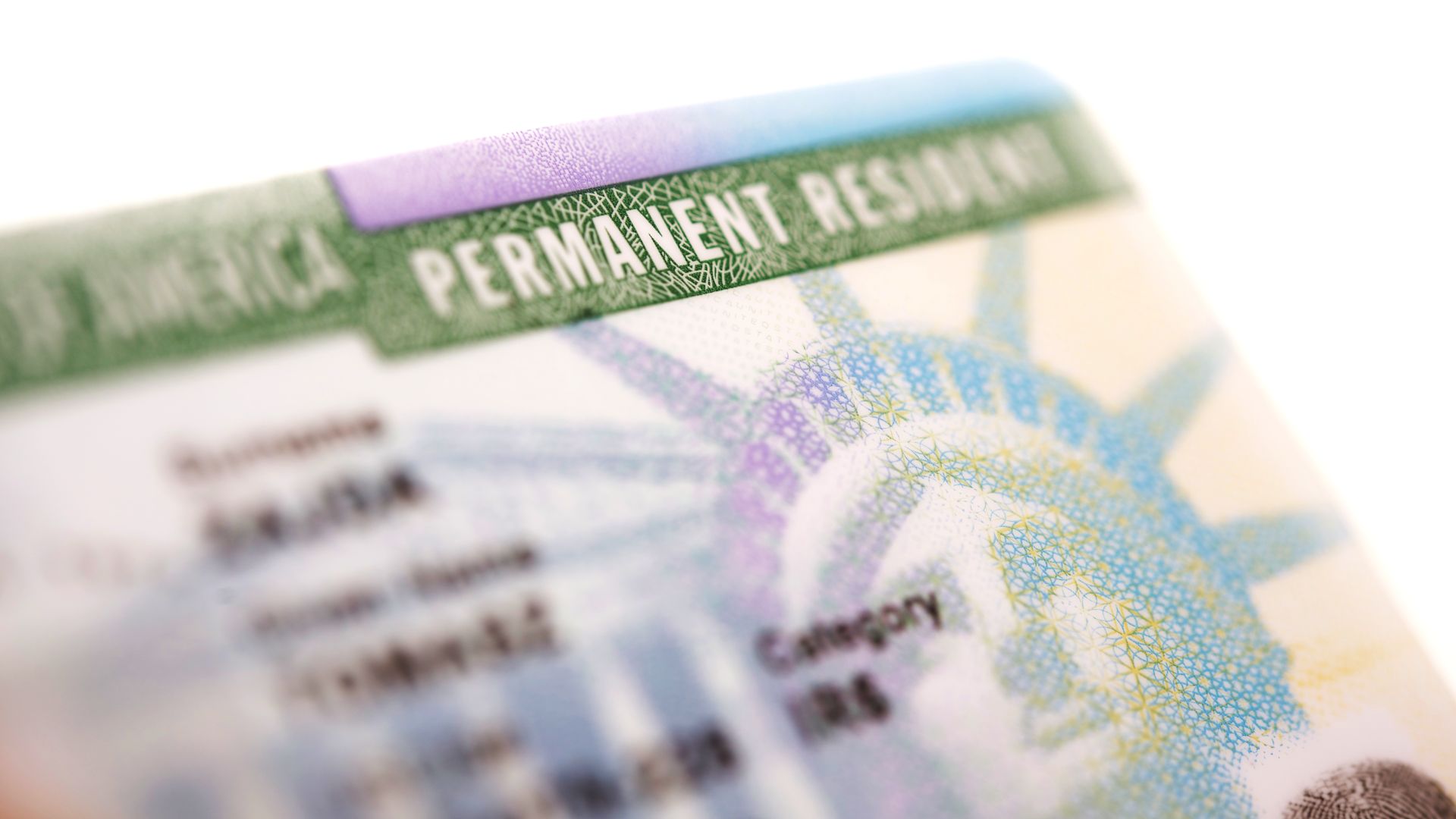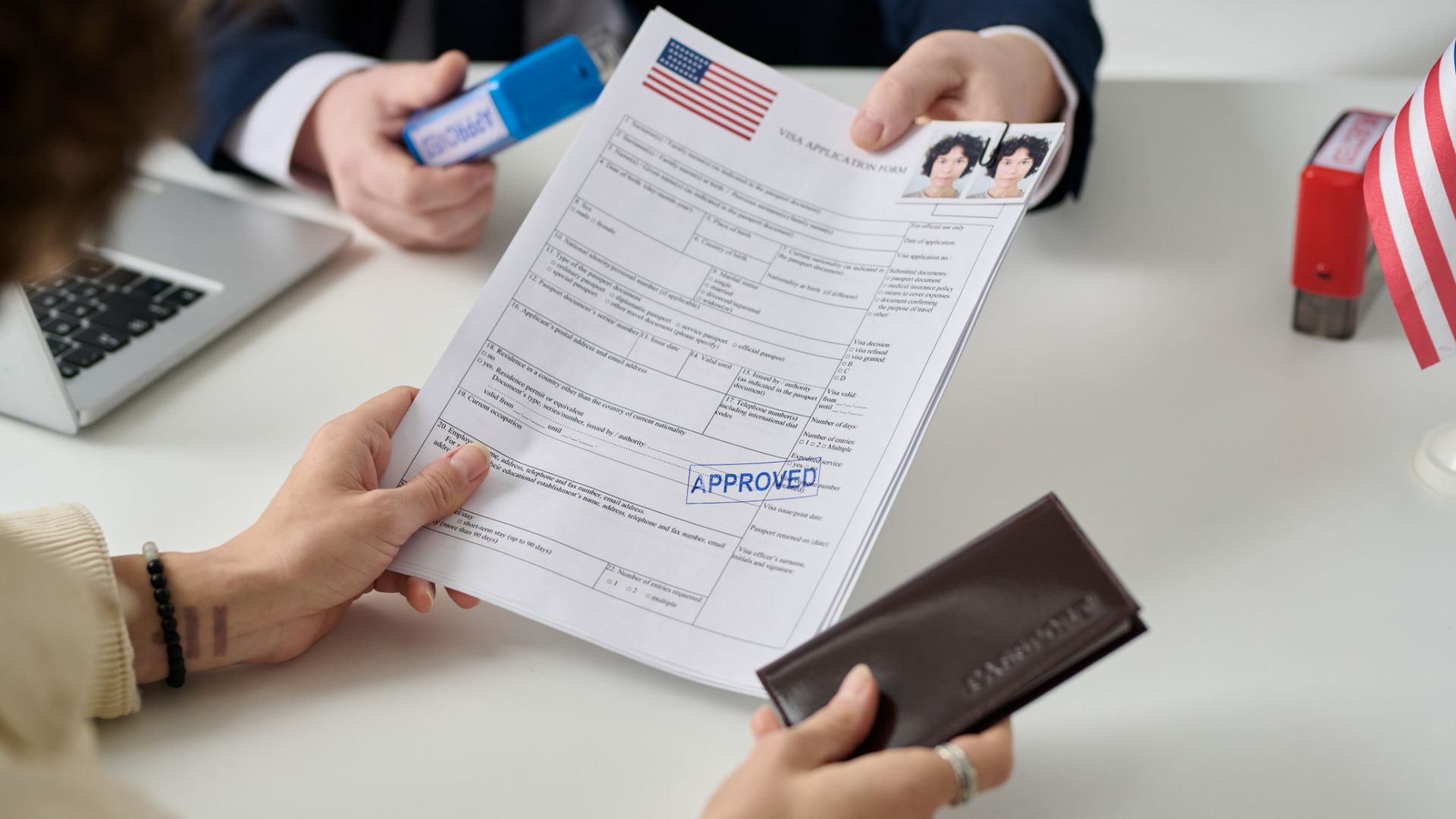If you’re currently in the United States on a nonimmigrant visa and need more time to accomplish your goals, a visa extension might be your best option. This comprehensive guide will walk you through the process, eligibility requirements, application steps, and tips for a successful visa extension.
Understanding Visa Extensions
A visa extension allows nonimmigrant visa holders to prolong their stay in the United States beyond the expiration date stated on their Form I-94, Arrival/Departure Record. It’s crucial to apply for an extension before your current status expires to avoid illegal stay and possible deportation.
Eligibility for a Visa Extension
To qualify for a visa extension, you must meet several key requirements:
- Lawful Entry: You must have been lawfully admitted into the United States with a nonimmigrant visa.
- Valid Passport: Your passport must remain valid for the entire duration of your extended stay.
- No Criminal Activity: You must not have committed any crimes that would make you ineligible for a visa.
- Timely Application: You should apply for an extension before your current visa expires.
- Current Status Maintenance: You must have maintained your nonimmigrant status and complied with the terms of your visa.
Certain visa categories, such as C (transit visa), D (crew member visa), K-1 and K-2 (fiancé/fiancée and dependent visas), S (witness or informant), and TWOV (transit without visa), are typically ineligible for extensions.
Steps to Apply for a Visa Extension
1. Prepare Your Documentation
Gather all necessary documents, which typically include:
- Form I-539: Application to Extend/Change Nonimmigrant Status.
- Form I-94: Copy of your Arrival/Departure Record.
- Passport Copies: Pages showing your identity, visa, and entry stamps.
- Proof of Financial Support: Evidence that you can financially support yourself during the extended stay.
- Supporting Statement: A letter explaining the reasons for your extension request and intended activities.
2. Complete Form I-539
Form I-539 is the primary document for requesting a visa extension. Ensure you fill out all sections accurately and truthfully. You can file this form online or by mail.
3. Pay the Filing Fee
The filing fee for Form I-539 is $370, plus an $85 biometric services fee if applicable. Ensure you check the USCIS website for the latest fee structure and acceptable payment methods.
4. Submit Your Application
Submit your completed Form I-539, along with the required documents and filing fee, to the appropriate USCIS lockbox facility. If filing online, follow the electronic submission instructions on the USCIS website.
5. Attend Biometrics Appointment
If required, USCIS will schedule a biometrics appointment where you will provide fingerprints, photographs, and possibly other information.
6. Wait for a Decision
USCIS will review your application and send you a written decision. Processing times can vary, so it’s advisable to apply well in advance of your visa expiration date.
Tips for a Successful Visa Extension
- Apply Early: Submit your application at least 45 days before your visa expires.
- Provide Detailed Evidence: Include thorough documentation to support your reasons for requesting an extension.
- Maintain Communication: Keep USCIS informed of any changes in your situation, and promptly respond to any requests for additional information.
- Follow Up: Check the status of your application online and follow up if there are any delays.
Common Reasons for Visa Extension Denials
While many applicants successfully extend their stay, denials can occur. Common reasons include:
- Late Filing: Submitting your application after your current visa has expired.
- Insufficient Documentation: Failing to provide adequate proof of financial support or valid reasons for the extension.
- Status Violations: Engaging in unauthorized employment or violating the terms of your current visa.
Conclusion
Extending your visa in the United States requires careful planning and adherence to USCIS guidelines. By understanding the eligibility requirements, preparing thorough documentation, and applying well in advance, you can increase your chances of a successful visa extension. For personalized assistance and to ensure compliance with all regulations, consider consulting with an immigration attorney who can guide you through the process and address any specific concerns you may have.
For more information and updates on visa extensions, visit the USCIS website.
This guide aims to provide a clear and detailed overview of the visa extension process, ensuring you have the knowledge and tools needed to extend your stay in the United States legally and efficiently. If you have any further questions or need assistance, our team of experienced immigration attorneys is here to help. Contact us today for a consultation.








